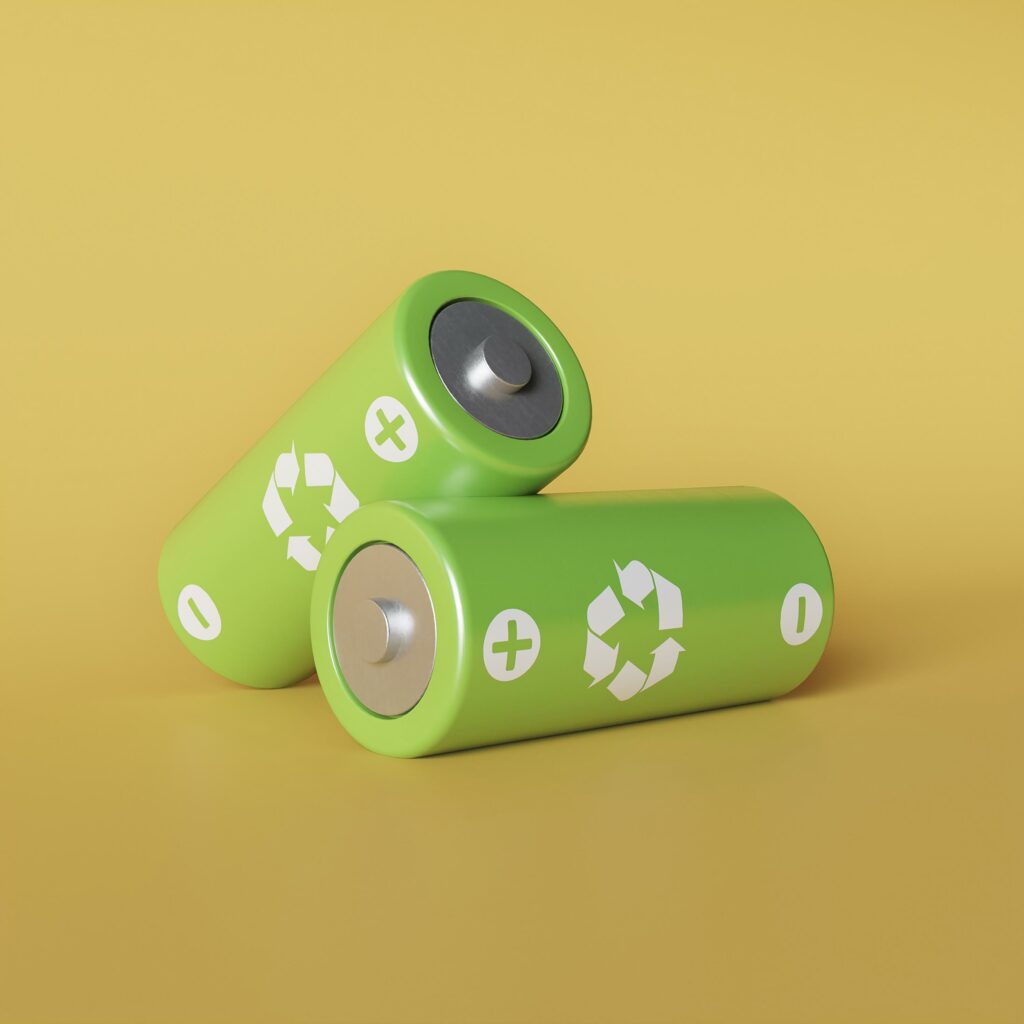In the dawn of the green revolution, batteries have transcended their role as mere power sources, emerging as the linchpin of a sustainable future. The exponential growth in electric vehicles, renewable energy storage, and smart electronics necessitates a new approach to battery production and disposal. The European Union, recognizing this paradigm shift, has championed the “Battery Pass” initiative, setting a benchmark for the global industry.

1. Details on the Battery Passport
Specifications of the battery passport such as scope, responsibility, and access groups are laid out in Article 65 of the EU Battery Regulation. It requires an electronic record for batteries (“battery passport”), which shall contain information relating to the battery model and information specific to the individual battery.”
The ambit of this regulation primarily covers batteries used in light means of transport (LMT), highlighting its importance in the transportation sector. Moreover, it extends to industrial batteries with a capacity exceeding 2 kWh, indicating its significance in the larger industrial framework. A notable inclusion in this scope is the Electric Vehicle (EV) batteries, underscoring the EU’s vision for a sustainable transportation future.
When it comes to accountability, the onus predominantly rests with the economic operator. If not the operator, an authorized representative is entrusted with the responsibility. They are the key figures responsible for placing the battery on the market, ensuring that every unit aligns with the stipulated regulations.
The battery passport’s accessibility is broad yet stratified. At its base, it is open to the “general public,” ensuring transparency and public awareness. On a more specialized tier, access is granted to “notified bodies, market surveillance authorities, and the Commission,” ensuring that regulatory bodies and official institutions can monitor and ensure compliance. Lastly, “any natural or legal person with a legitimate interest in accessing and processing that information” can avail of the details. This ensures that stakeholders, researchers, and interested parties can delve deeper into the specifics, ensuring a wider yet controlled dissemination of information.
The EU’s “Battery Passport” isn’t just a certification; it’s a pledge for clear and traceable battery use. Given the vast number of devices relying on batteries, handling them improperly could have severe environmental impacts. Hence, the EU meticulously tracks a battery’s lifecycle, mitigating potential risks.
2. Sustainability at the Core
The European Union is a significant market for batteries, especially with the rapid adoption of electric vehicles and renewable energy storage solutions. If manufacturers want to access the vast EU market, they might need to adhere to the guidelines and standards set by the Battery Pass, including responsible sourcing of materials.
Raw Material Sourcing: One of the earliest stages in a battery’s life, raw material sourcing, has often been linked to environmental degradation and unethical practices. The Battery Pass emphasizes responsible sourcing, ensuring that materials like lithium, cobalt, and nickel are obtained sustainably, without compromising ecological or human rights.
Often referred to as ‘white gold’, lithium is the backbone of rechargeable batteries.While lithium extraction here primarily uses evaporation ponds, it can consume vast amounts of water, a concern in these arid regions.
Over 60% of the world’s cobalt comes from the Democratic Republic of Congo (DRC). While it’s a crucial component for battery efficiency, its extraction has been mired in controversies. Many mines in the DRC employ child labor under hazardous conditions. Additionally, the mining process can lead to environmental degradation, with toxic substances contaminating local water sources. The Battery Pass promotes sourcing cobalt from mines that uphold labor rights and adhere to stringent environmental standards.
Recycling and Waste Management: The Battery Pass mandates manufacturers to adopt state-of-the-art recycling techniques. By recovering valuable materials from used batteries, not only can the environmental impact be mitigated, but a circular economy can be promoted, reducing the need for fresh raw materials.
EPR(Extended Producer Responsibility) principle mandates that manufacturers are responsible for the end-of-life management of their products. With the Battery Pass, manufacturers might be obligated to establish collection and recycling schemes or financially contribute to systems that manage this.
3. Synergy with the European Vision
The EU’s vision for 2050, as outlined in the European Green Deal, is not just about reducing carbon footprints. It’s a comprehensive overhaul of how industries operate. The Battery Regulation, an integral part of this vision, underscores the importance of sustainable battery production. The “Battery Pass,” in many ways, is the manifestation of this regulation, bridging the gap between policy and practice.
Timeline of the EU Battery Regulation:
– Dec 2020: Commission adopts proposal.
– Mar 2022: Council adopts general approach, Parliament its negotiation position.
– Apr-Dec 2022: Trialogue negotiations between European institutions take place.
– Dec 2022: Provisional agreement of Parliament and Council.
– Jul 2023: Official Journal publication.
– Aug 2023: Regulation enters into force.
– Feb 2027: Battery passport adoption.
Germany, as one of the EU’s leading economies, plays a pivotal role in this transformation. With the backing of the German Federal Ministry for Economic Affairs and Climate Action, the “Battery Pass” initiative is more than just a document; it’s a movement. The Ministry’s endorsement and funding are testaments to the potential of this initiative. As one of the EU’s leading economies, Germany’s advocacy of the Battery Pass can catalyze its adoption across member states, setting a precedent for the rest of the world.
4. Conclusion
The “Battery Pass” is the EU’s clarion call to the world, signaling that sustainability and progress can coexist. As industries around the globe grapple with the challenges posed by rapid technological advancements, the EU, through initiatives like the Battery Pass, is demonstrating that with foresight, collaboration, and commitment, a greener future is attainable for all.
